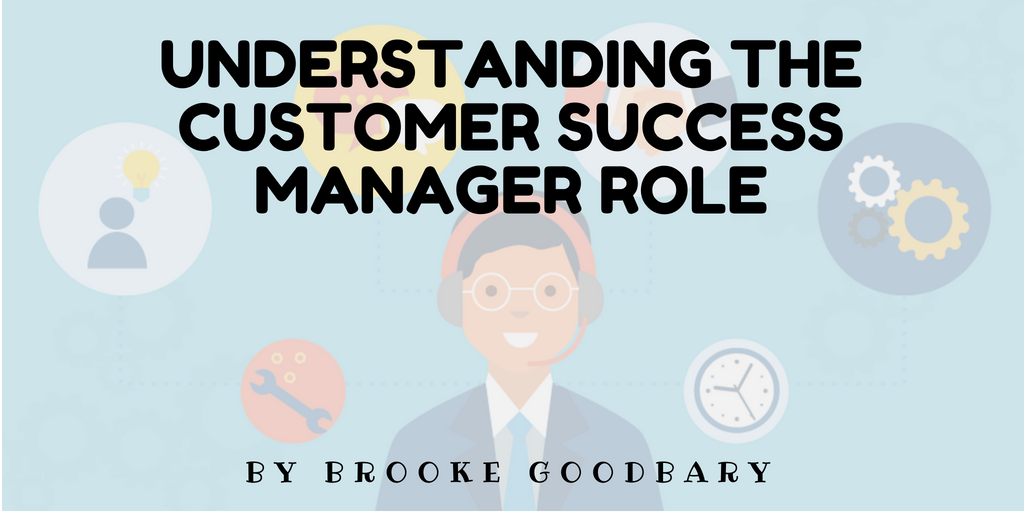
When forming a business, there are some very important steps to follow. These steps include tax reporting. Overhead, profit margin, and growth strategy. Once you have completed the above steps, you are ready for your business to begin. If you want to make sure you are operating at a profit, you'll want to create a business plan.
Tax reporting
There are several forms that business contractors must file. Many of these forms have a different filing day. January 31 is the deadline for the Form 1006, which summarizes information from a 1099 NEC form, to be filed. You should check the due dates of other forms before you create your tax reporting calendar. For example, if your business is independent, you will need to file Form 1099NEC forms for each client.
In order to avoid penalties for not reporting these payments, business owners must determine whether they are employees or independent contractors. In addition, the IRS does not have a formula that determines which workers are employees or contractors. The work performed must be considered a fundamental part of a small-business's business.
Overhead
This is the overhead that business contractors have to pay for operating a business. It consists of direct costs that are associated with projects or departments, such as labor costs and machinery and equipment. These indirect costs include general office expenses and business insurance. These costs should all be included in the calculation of total overhead.

After the list is compiled, it's now time to calculate overhead. It is best to use an average period such as one month. This will make the calculations more consistent. Also, it's important to determine when the overhead costs are due.
Profit margin
CFI 2020 Contractor Survey inquired about profit margins in the last year. While the survey revealed encouraging results, more contractors chose to keep their profit margins confidential or did not want to reveal them. However, contractors who reported profit margins between 6 and 11% did not report as many. You can increase your profit margin if you are in construction by adding value to the projects of your customers.
The markup is an important part of any company. Contractors must know what markup to charge for their services. The overhead you have to pay for your services should also be taken into account when calculating the markup. Using a markup table is a great way to determine how much to markup for your work.
Growth strategy
To be a business contractor you need to identify your target market. Your target market is your potential customers. They will be the ones who make or break your business. To win their trust and generate repeat and referral work, you have to establish relationships. You should also be able to identify profitable opportunities.
You may think that pursuing a new market or adding new services will give you a boost in revenue and market share. This approach can be risky and should only ever be taken by established companies. It can bring the business to its knees if it fails.

Unemployment insurance
Many states offer unemployment insurance to business contractors. You may have to work certain hours or locations as a service provider and must adhere to certain guidelines. These guidelines may prevent you from being able to work, but you have the option to get unemployment insurance for business contractors.
Unemployment insurance can be expensive. This is why employers should look at the Work Sharing program that will allow them to reduce their employees' hours but still provide benefits to them. Employers who wish to avoid layoffs should consider Work Sharing.
FAQ
What tax do I have to pay on consulting income?
Yes, tax will be payable on any consultancy profits. The amount depends on how much you earn per year.
You can also claim expenses if you are self-employed. This includes rent, childcare, food, and transportation.
You can't deduct the interest on loans, vehicle damage, or equipment costs.
You can only claim back 25% of your expenses if you earn less than PS10,000 a year.
You might be taxed even if you make more than the threshold depending on whether your income is contractor or employee.
The tax system for employees is PAYE (pay-as-you earn), while VAT is applied to contractors.
How do I attract clients to my consultancy business
First, find a subject you're passionate about. It could be anything from social media to public relations, but there must be something you feel strongly about. If not, you may have to start small by finding a niche market such as web design. Once you have identified the niche, be sure to fully understand its characteristics. What problems does it solve? Why should people use it? But most importantly, what can you do to help them?
It is also possible to approach businesses directly.
You can also offer your services at events such as networking nights and conferences, if all else fails. You'll meet many potential customers without spending money on advertising, and you'll be able to show off your skills.
What is a consultant and what are their responsibilities?
A consultant is someone who offers services to others. It's more than just a job title. This role allows you to help others achieve their dreams. Helping others to understand their options, and then helping them make the best decisions.
Consultants are experts in finding solutions to the problems and challenges that arise while working on projects. Consultants can also offer advice and guidance regarding how to implement these solutions.
A consultant should be able to answer questions about anything related to business, technology, finance, law, management, leadership, strategy, operations, customer service, human resources, etc.
What industries use consultants
There are many different types of consultants. Some are specialists in one type or another of business.
Some consultants work exclusively for private businesses, while others represent large corporations.
Many consultants also work internationally to assist companies from all corners of the globe.
Statistics
- Over 62% of consultants were dissatisfied with their former jobs before starting their consulting business. (consultingsuccess.com)
- So, if you help your clients increase their sales by 33%, then use a word like “revolution” instead of “increase.” (consultingsuccess.com)
- 67% of consultants start their consulting businesses after quitting their jobs, while 33% start while they're still at their jobs. (consultingsuccess.com)
- WHY choose me: Why your ideal client should choose you (ex: 10 years of experience and 6-week program has helped over 20 clients boost their sales by an average of 33% in 6 months). (consultingsuccess.com)
- "From there, I told them my rates were going up 25%, this is the new hourly rate, and every single one of them said 'done, fine.' (nerdwallet.com)
External Links
How To
How to Start a Consultancy Company and What Should I Do First
It's a great way for you to make money online by starting a consulting company. You don't have to have any business experience. Building a website is a great place to start a consulting business. To promote your services, you will need to create a website.
You can create a marketing strategy that includes these things with these tools
-
Creating content (blogs)
-
Building relationships (contacts).
-
Generating leads (lead generation forms).
-
Selling products through ecommerce websites
Once you've developed your marketing strategy, you'll need to find clients who will pay for your services. Some prefer to connect with people through networking events. Others prefer to use online resources like Craigslist and Kijiji. You have the freedom to choose.
After you have found new clients, it's important to discuss terms and payment options. You can discuss hourly rates, retainer agreements, flat fees, and other options. It is important to clearly communicate with clients before you accept them as clients.
Hourly agreements are the most common contract type for consultancy services. This agreement allows you to agree to provide services at a fixed price each week or month. You might be able, depending on which service you offer, to negotiate a discount. It is important to understand the terms of any contract you sign before you sign it.
Next, create invoices for your clients and send them. Invoicing is one of those things that seems simple until you actually try it. There are many ways that you can invoice your clients depending on what your preferences are. Some prefer to send their invoices directly by email, while others prefer to print and mail hard copies. No matter which method you choose to use, it is important that it works for you.
After you've created your invoices, you can collect payments. Most people prefer PayPal because it is easy to use and offers various payment options. Other payment processors such as Square Cash. Google Wallet. Apple Pay. Venmo.
Once you are ready for payments to begin, you will need to open bank accounts. You can track income and expenses separately by having separate savings and checking accounts. You can also set up automatic bank transfers to pay bills.
It may seem overwhelming to start a consultancy, but once it is done correctly, it becomes second-nature. For more information on starting a consultancy business, check out our blog post here.
A consulting business is a great way of making extra money without worrying about your employees. Consultants can work remotely so they don't have the hassle of dealing with office politics and long working hours. Since you are not tied down by regular working hours, you have more flexibility than a traditional employee.